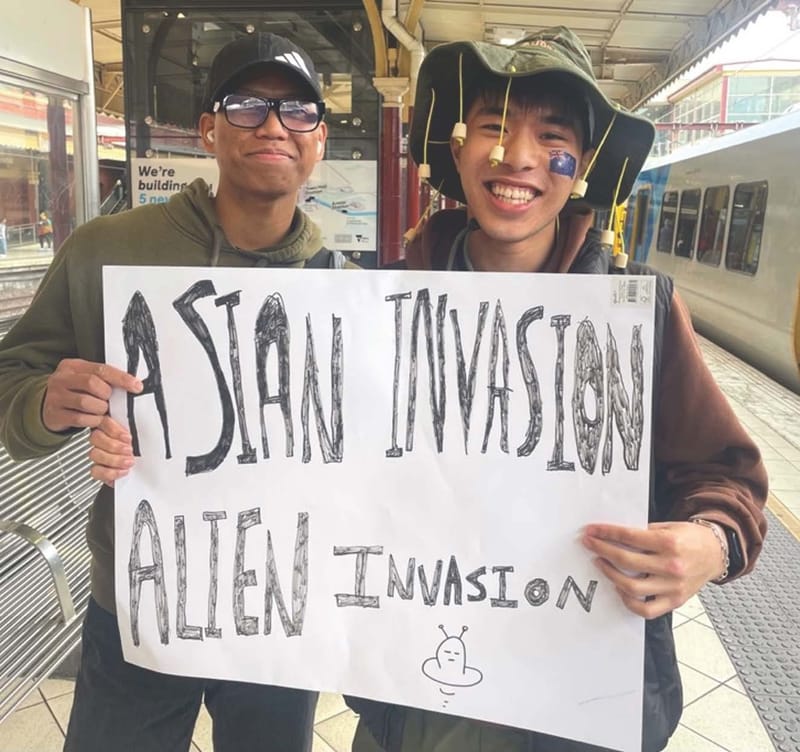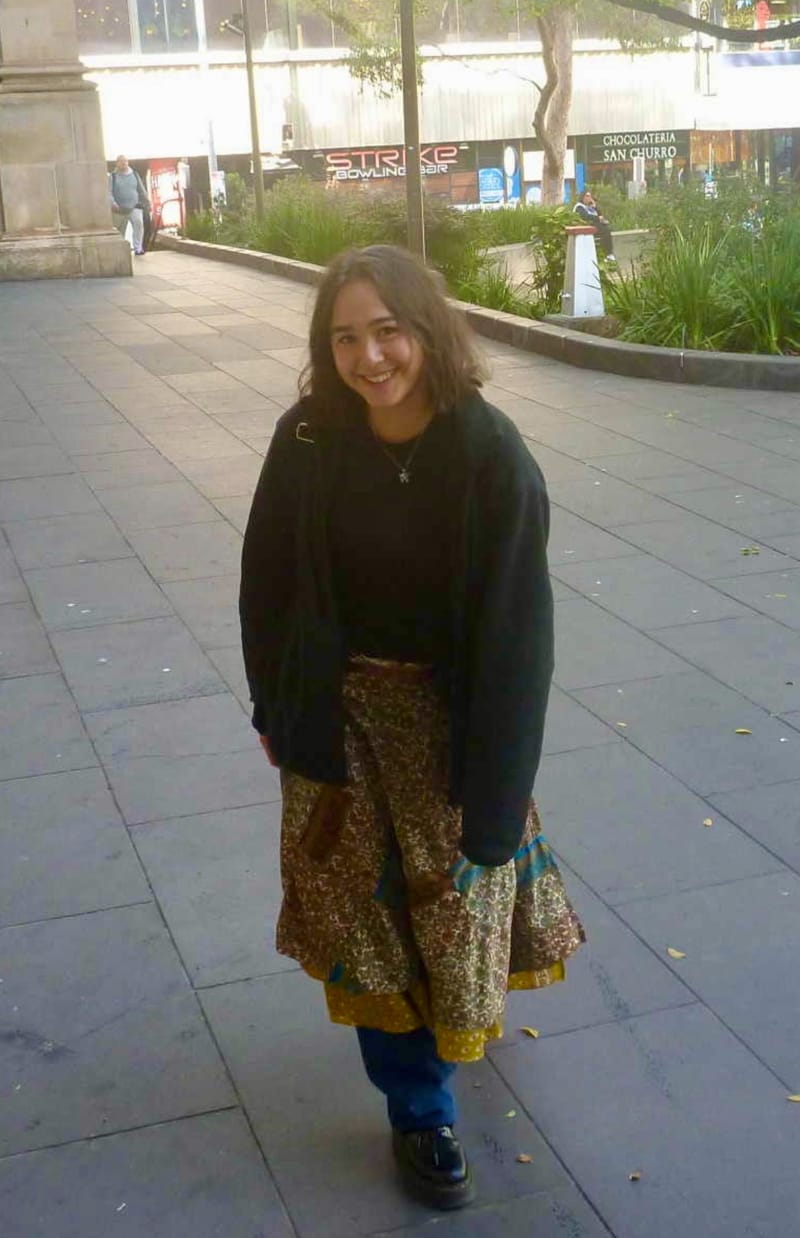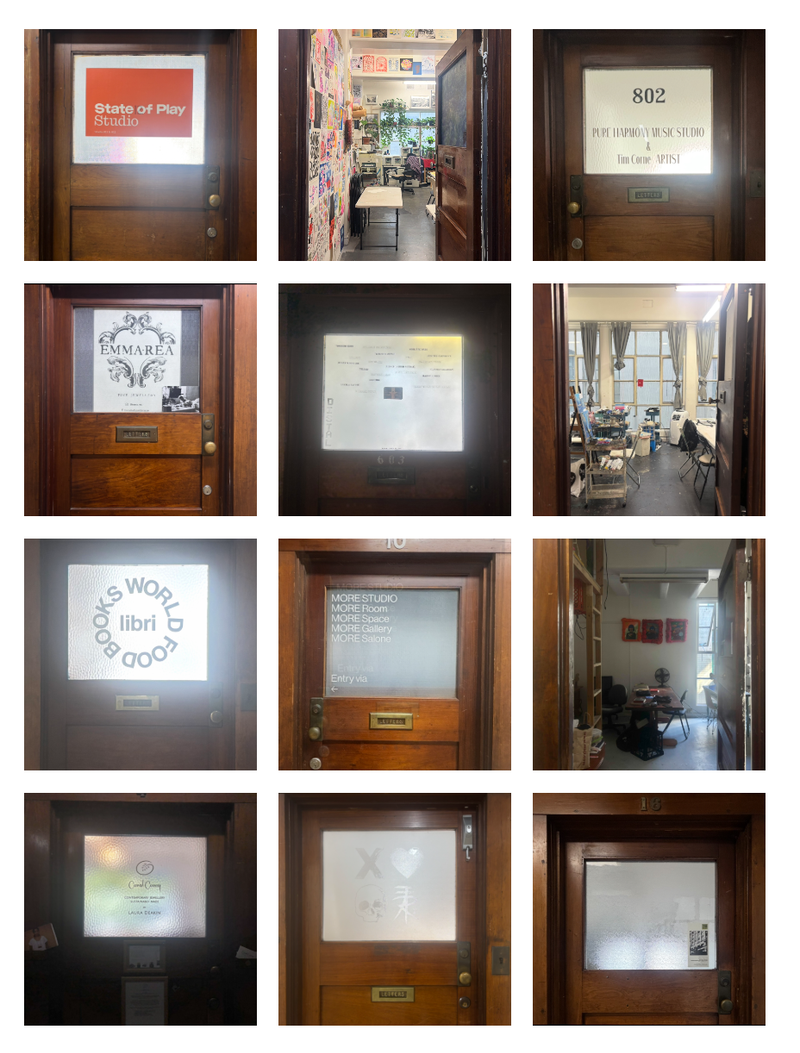The Jewish community to use more than apples and honey to create renewed meaning for the Jewish New Year
COVID-19 may not allow for chicken soup with extended family, but the significance of Rosh Hashanah will continue to prevail throughout the Jewish community on September 19 and 20.

BY HANNAH SCHAUDER
The Jewish New Year, Rosh Hashanah, is a time for renewal and reconnection.
Pre-pandemic, Monash University student Joey Schonker and his family would share apples dipped in honey and listen to the Shofar.
Fashioned from a ram's horn, the Shofar is blown to remind Jews of the importance of the Torah, the Jewish holy book.
But coronavirus restrictions are forcing Melbourne's Jewish community to adapt this year.
“We would [normally] have guests over for the festive meals or be invited out, and go to synagogue to participate in the community prayers,” Mr Schonker said.
“This year we will be having the meals and celebrating the traditions at home as a family,” he said.
“So although much will be different this year, we will still be celebrating.”
Despite the challenges, the Jewish community is constructing new ways to enrich the holiday experience for families this year.
One of these initiatives is Project High Holy Days, a collaboration between The Rabbinical Council of Victoria and the government to send hundreds of volunteers across Melbourne to blow shofars on every street corner.
This venture will enable every Jew to hear the Shofar while adhering to health guidelines.
South Caulfield Hebrew Congregation Rabbi Daniel Rabin is one rabbi who will be providing virtual Rosh Hashanah services and programs to keep the community connected.
Rabbi Rabin blowing the daily Shofar in the lead up to Rosh Hashanah. Video: Project High Holy Days
“Usually rabbis spend a few weeks preparing sermons as we anticipate having hundreds of people with whom we share our words of inspiration,” Rabbi Rabin said.
“This year we have special Zoom services planned for before the holiday where the community can hear some of their favourite tunes,” he said.
Synagogues across Melbourne are additionally offering congregants online classes on how to perform the customs at home and festival kits to encourage families to stay involved in tradition.
The Jewish Museum of Australia is also offering events for the Jewish community and the wider public to learn more about the festival.
Chief Executive Officer and Director of the Jewish Museum Jessica Bram said these events are designed to illuminate Jewish life and teach others about the holiness of this time in the Jewish calendar.
“In this moment we crave connection, to feel part of a community and something greater than ourselves,” Ms Bram said.
“While we can't gather in our homes and shules this year, we can meet virtually and connect through conversation and song,” she said.
With alternative means of celebration, Spiritgrow Rabbi Menachem Wolf is hoping the community will use the current circumstances to highlight the importance of growth and introspection this Rosh Hashanah.
Through festival kits, shofar blowing tutorials and online meditations, Rabbi Wolf is shifting the focus from replicating normal customs to “becoming much more spiritual”.
“We’re planning on getting a different message into our community so that they embrace the ability to sit at home, to meditate, to be able to contemplate, to be able to do this their way and to have a much more meaningful relationship with the infinite,” Rabbi Wolf said.
While this time may not allow for chicken soup with extended family, the significance of Rosh Hashanah will continue to prevail throughout the Jewish community on September 19 and 20.





